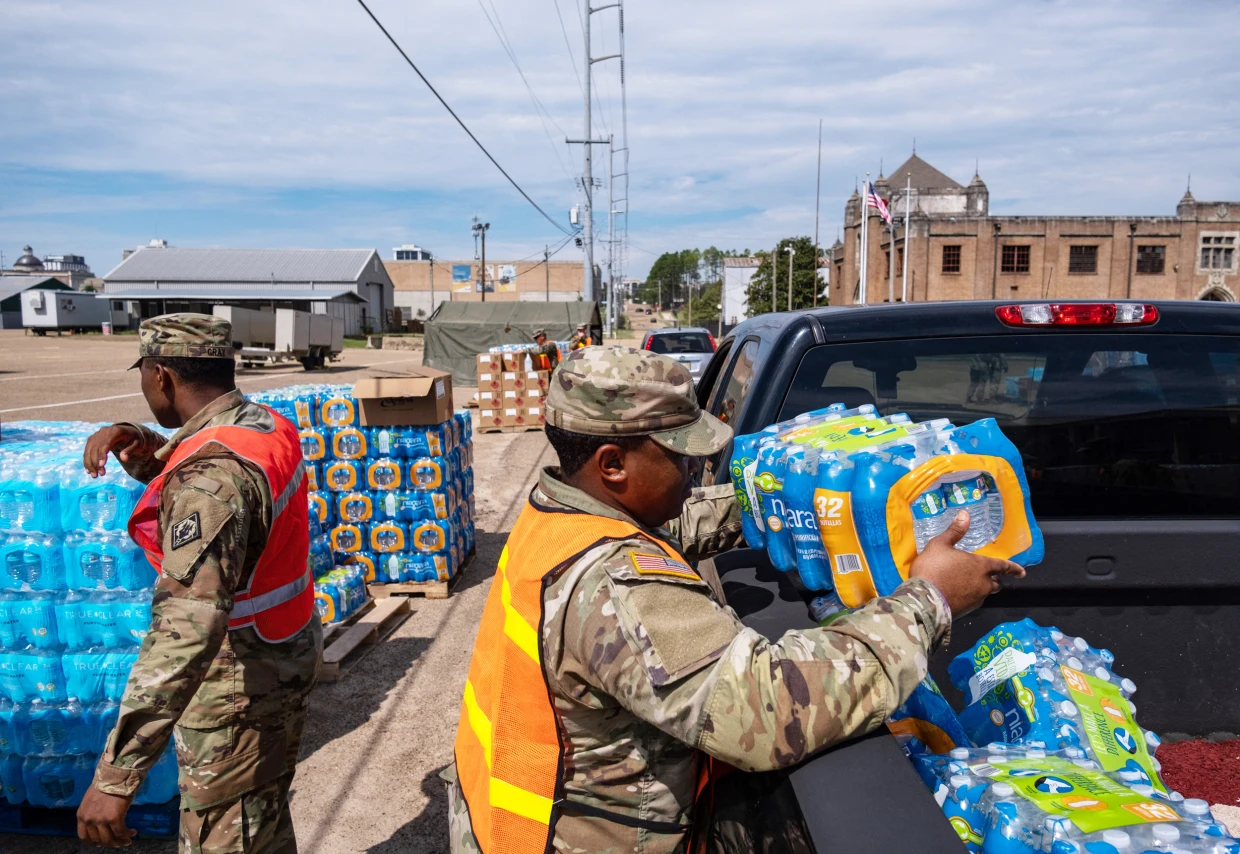Legal Battle Intensifies Over Water Assistance for Jackson’s SNAP Recipients
Privacy Concerns and Court Orders: The Debate Over Access to SNAP Recipient Names
According to Clarion Ledger, in Jackson, Mississippi a heated legal battle has erupted involving JXN Water, state agencies and the U.S. Department of Justice over a pioneering water assistance initiative aimed at the city’s SNAP recipients. This program spearheaded by Ted Henifin a federally appointed manager was introduced to provide discounted water rates to Jackson residents who qualify for Supplemental Nutrition Assistance Program (SNAP) benefits. By potentially saving eligible households around $30 per month on their water bills the program seeks to alleviate financial strain for approximately 15,000 families in need.
The core of the dispute revolves around JXN Water’s request for access to the names of SNAP beneficiaries to effectively implement and manage the water assistance program. However state and federal agencies have voiced concerns over privacy violations citing federal laws that safeguard the confidentiality of SNAP participants’ information. Despite a court order mandating the release of these names ongoing objections from governmental entities have prolonged the legal proceedings and triggered appeals leading the matter to be escalated to the U.S. Fifth Circuit Court of Appeals for a final resolution.
READ ALSO: $500 Stimulus Checks To 250,000 Residents: 5 States Launch Relief Programs Amid Ongoing Economic Recovery

15,000 Families at Risk: Mississippi Water Assistance Program Entangled in Legal Battle Over Confidentiality and Affordability! (PHOTO: NBC News)
Jackson Residents Await Ruling on Water Assistance Program
In Jackson, Mississippi, residents and advocacy groups are awaiting a critical decision that could shape the future of a water assistance initiative. The program aimed at helping SNAP recipients with discounted water rates has sparked a legal dispute over access to beneficiary names. This case underscores tensions between local utilities seeking to aid vulnerable communities and governmental efforts to protect privacy rights under federal programs like SNAP. The outcome will not only impact water affordability efforts in Jackson but also establish guidelines for balancing public service access and privacy protections in federal initiatives.
READ ALSO: $500,000 Annual Salary Cap: Walmart’s Bold Move To Boost Employee Morale And Productivity

















































